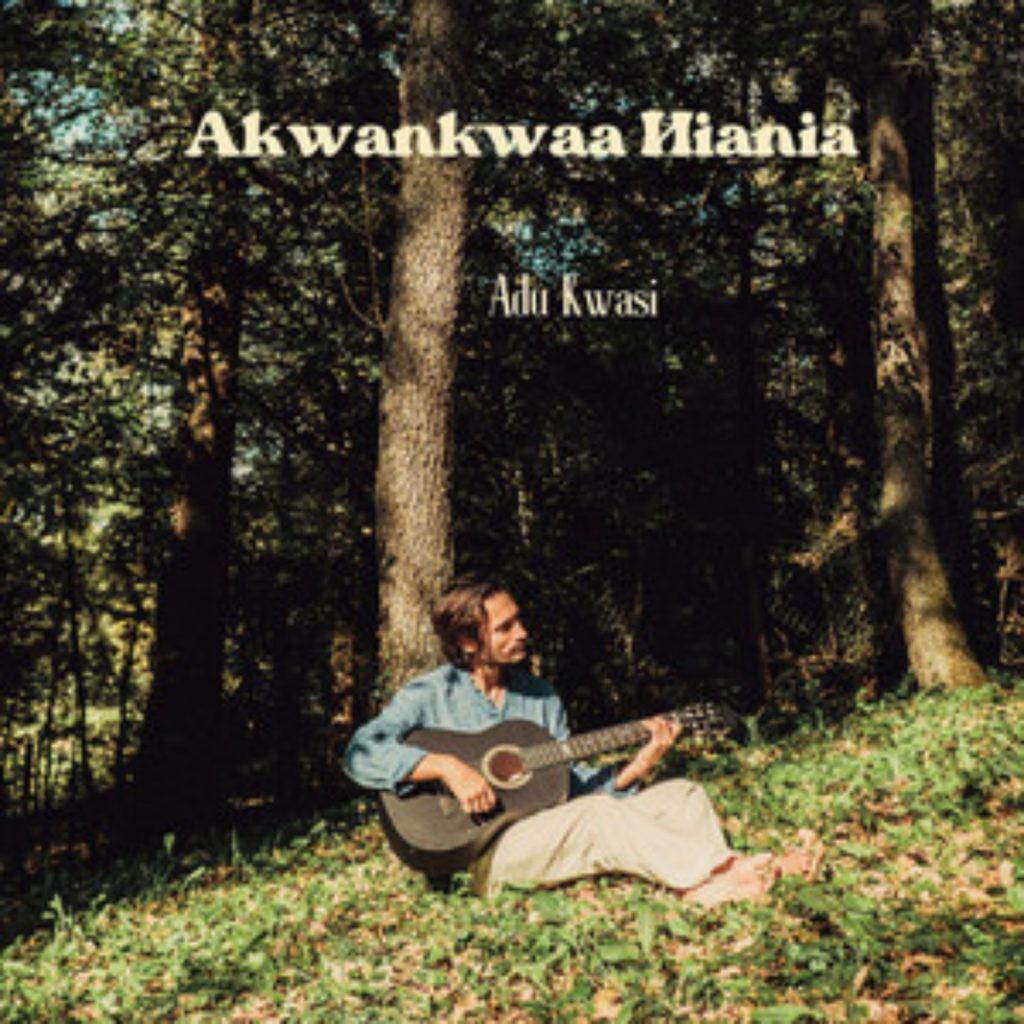Highlife music has long been a prominent part of Ghanaian culture, with its blend of traditional and modern rhythms and melodies capturing the essence of the West African nation’s vibrant musical heritage. One classic highlife tune that still resonates with music lovers today is “Akwankwaa Hiania” by the renowned Ghanaian musician Adu Kwasi.
Released years ago, “Akwankwaa Hiania” remains a popular choice at social gatherings, concerts, and other events where people want to dance and enjoy good music. The song’s upbeat tempo, catchy chorus, and expert instrumentation showcase the skills of Adu Kwasi and his band, who were known for their ability to create authentic highlife music that spoke to the hearts and souls of Ghanaians and fans around the world.
Adu Kwasi was a master of the guitar and other instruments, and his unique style of highlife music incorporated elements of jazz, Afrobeat, and other genres that he had encountered during his travels across Africa and beyond. He was also a gifted composer, and “Akwankwaa Hiania” is one of his most enduring works, with its lyrics expressing the joys and challenges of everyday life in Ghana.
The song’s title translates to “The Younger Brother of Hiania,” and it tells the story of a young man who is struggling to find his place in the world. He dreams of making a name for himself and achieving success, but he faces many obstacles along the way. Despite the setbacks, he remains determined to persevere and make his mark, inspired by the example of his elder brother, Hiania.
The lyrics of “Akwankwaa Hiania” capture the spirit of resilience and hope that has long been a hallmark of Ghanaian culture, with its emphasis on hard work, perseverance, and community. The song’s message resonates with people of all ages and backgrounds, and its infectious melody and rhythm continue to inspire new generations of highlife fans around the world.
“Akwankwaa Hiania” by Adu Kwasi is a classic highlife tune that has stood the test of time and remains a beloved part of Ghanaian musical heritage. Its catchy chorus, expert instrumentation, and uplifting message make it a must-hear for anyone who appreciates the rich and diverse musical traditions of West Africa.

